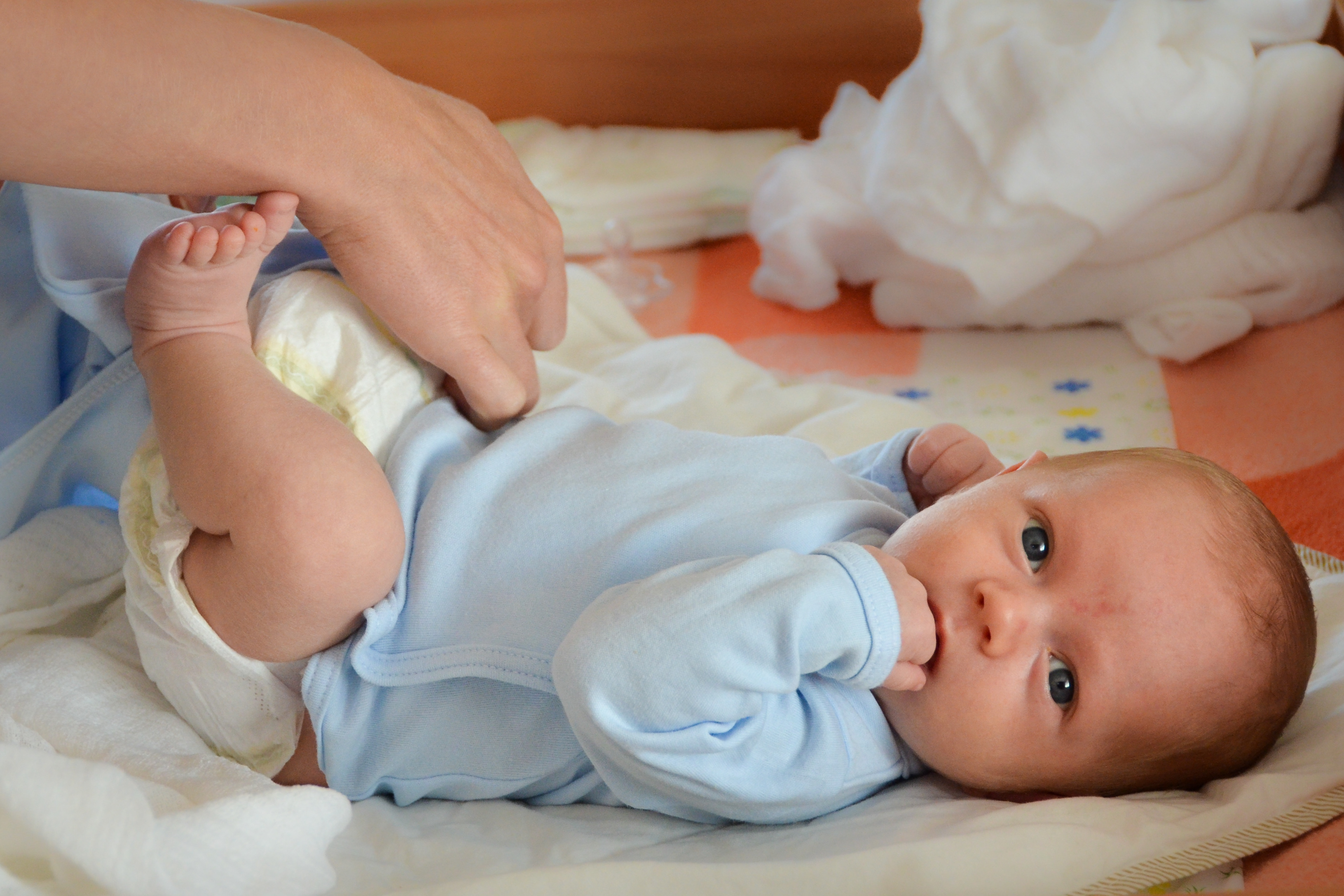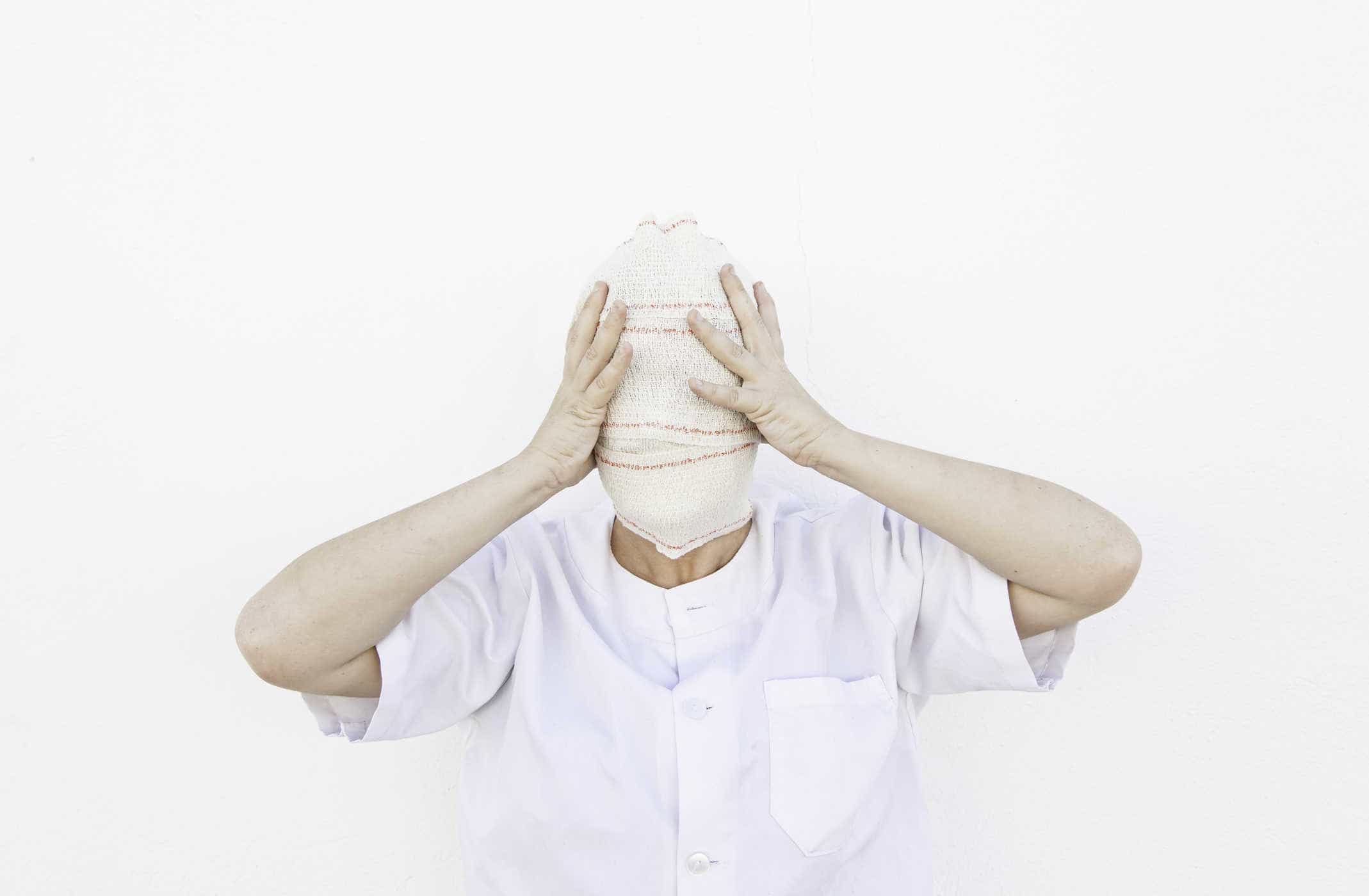Contents:
- Medical Video: 10 Warning Signs Your Heart Isn't Working Properly
- How can sleeping position affect digestion?
- A good sleeping position to prevent digestive problems
- The head is lifted
- Sleep sideways to the left side
- On his stomach
Medical Video: 10 Warning Signs Your Heart Isn't Working Properly
Since you were a child, you may have been reminded many times not to go straight to sleep after eating. Many say, lying down after eating can hamper your digestion. Maybe you are wondering, how big is it, the effect of sleeping position on the body's digestive system? Apparently, experts agree that the position of sleep affects your digestion. So, before you rest tonight, try to look at the following information.
How can sleeping position affect digestion?
Your digestive system, starting from the esophagus, intestine, to the stomach has been designed in such a way as to work well if your position is sitting or standing upright. This is why you are not recommended to go straight to sleep after eating.
Even though you don't lie down or sleep right after eating, your digestive system will still work while you sleep at night. If you have digestive problems such as stomach acid (ulcer), the wrong position of sleep can trigger stomach acid to enter the esophagus. You will also feel symptoms such as nausea or chest pain. So, finding the best sleeping position can help keep your digestive system working like when you are sitting or standing.
A good sleeping position to prevent digestive problems
Because sleeping positions affect digestion, you must know what positions are good and which need to be avoided. Based on a number of studies conducted by experts and health workers, there are several sleeping positions that should be avoided if you don't want your digestive problems to recur. These positions are sleeping on your back without a pillow and sideways to the right. Meanwhile, there are three good sleeping positions to prevent digestive disorders. See the following.
The head is lifted
If you have eaten a heavy, spicy food or triggered an ulcer, you should sleep with your head slightly higher. Hold the head with a pillow until the distance of your head with the mattress ranges from 15-22 centimeters. You can also lean your head to the back of the bed. With this position, gravity will prevent stomach acid from rising into the esophagus.
Sleep sideways to the left side
A study published in The Journal of Clinical Gastroenterology reveals that sleeping sideways to the left is the best position for those of you who have digestive problems. When you sleep sideways to the left, the junction between your stomach and esophagus will remain above the stomach acid. While if you sleep sideways to the right, a circle of muscles that resist stomach acid will stretch so that stomach acid can flow into the esophagus.
If at night you often change sleeping positions, try to prop your back with bolsters or pillows. That way, you also become more difficult to change positions and sleep sideways to the right.
On his stomach
According to a professor who also serves as head of the Sleep Assessment and Advisory Service in the UK, Chris Idzikowsi, sleeping on his stomach is also good for preventing various complaints about your digestion. You can put both hands on the sides of your head so that this position is more comfortable. However, make sure that your pillow is not too high if you sleep on your stomach.












